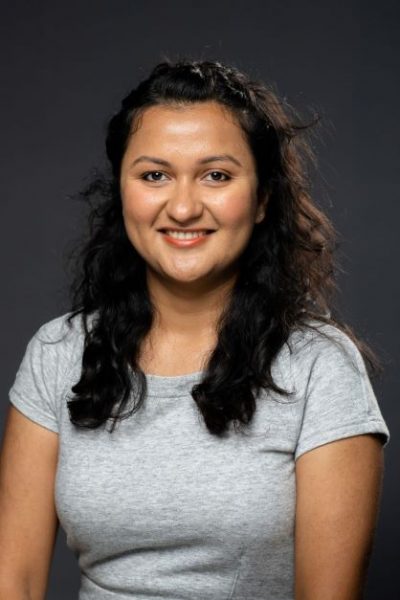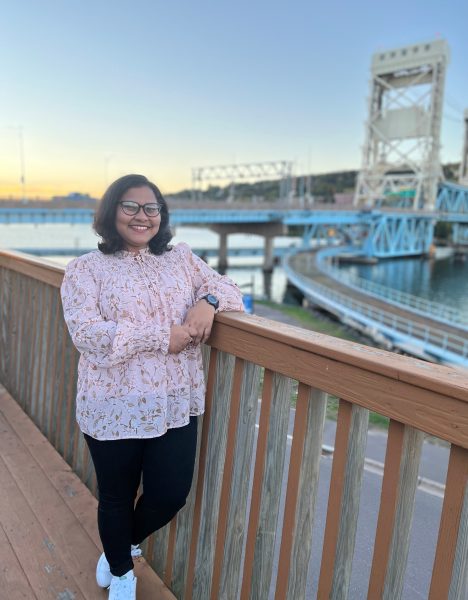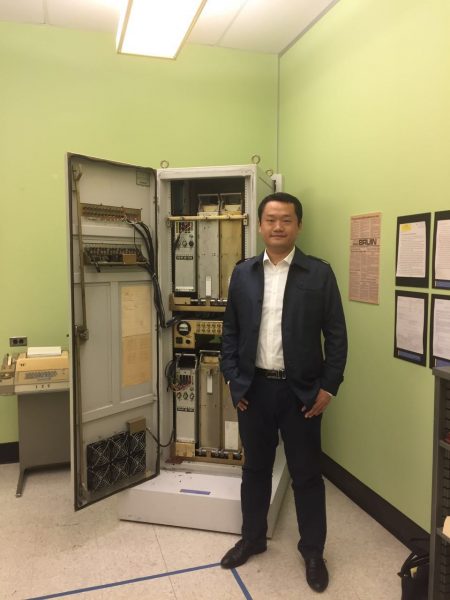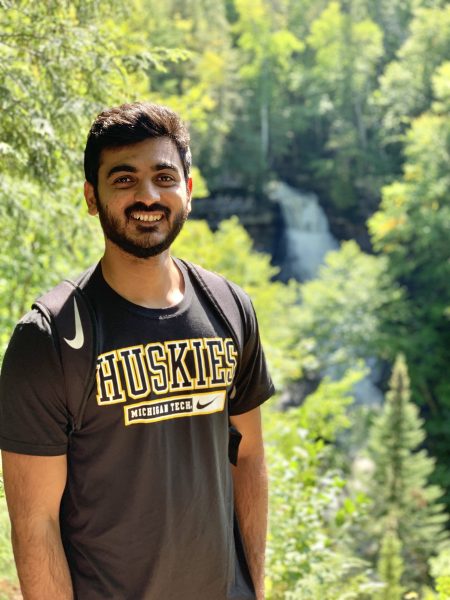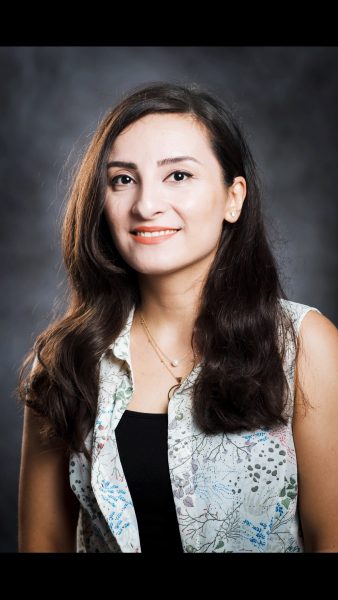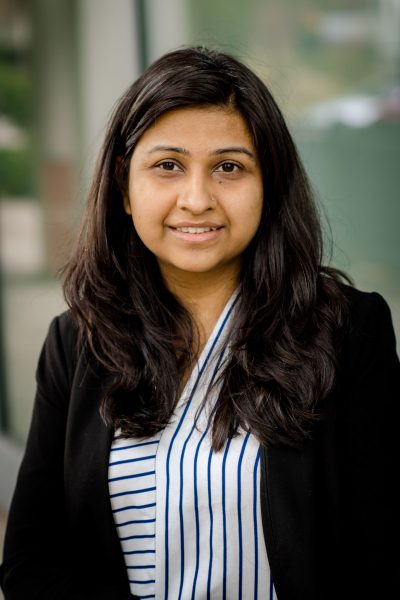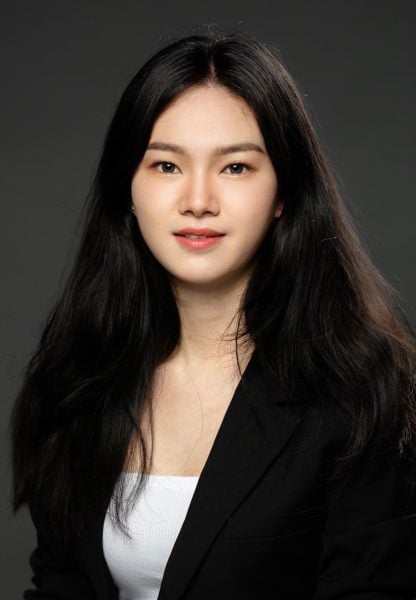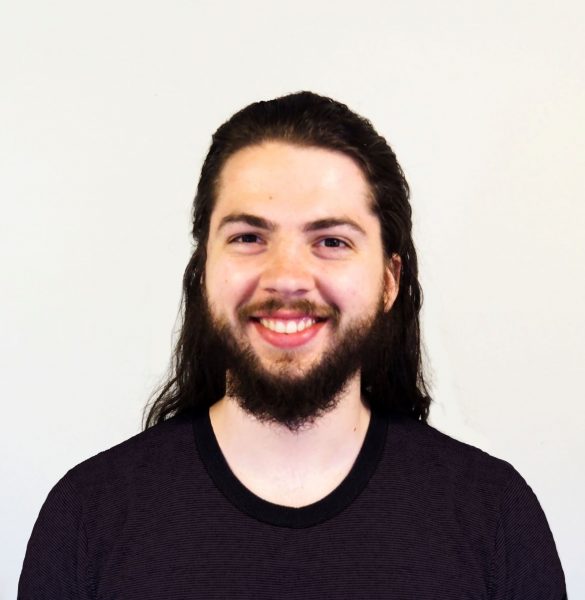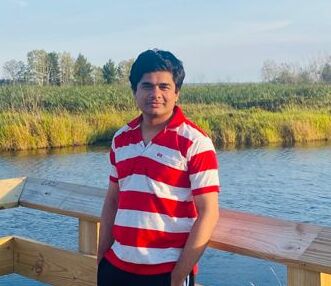My love for optics and photonics is deep in my core. I have always been fascinated and motivated by this area of physics. Everything fascinated me, from natural phenomena to optical illusions, from ray optics to wave optics, from ordinary materials to extraordinary materials with optical effects. While my journey in optics and photonics was inevitable, it never lacked an element of surprise.
I started my PhD here at Michigan Tech in Fall 2018, in the Department of Physics with Dr. Miguel Levy as my advisor. In my research, I focus on investigating the fundamental properties of ultra-thin magneto-optics materials. The surface effects we are investigating will lead to the miniaturization of laser components named optical isolator and, thus, the miniaturization of lasers. We researched the experimental aspects of these properties and the theoretical, i.e., density functional theory aspect of it. This gives a complete picture of our investigation of the non-reciprocity property, i.e., Faraday rotation.
During my time at Michigan Tech, I made friends and family who helped me grow as a physicist and a better human being. Now that it’s almost time for my journey at Michigan Tech to end soon, I am sure the memories and lessons learned during these five years will always stay with me and guide me in my future endeavors.
I am indebted to the Graduate Dean Awards Advisory panel for considering and awarding me this fellowship. I am grateful to my advisor; Dr. Levy’s teachings helped me become a better person and student. He always inspired me to contribute to the community while contributing to physics. I am proud and honored to be his student.
